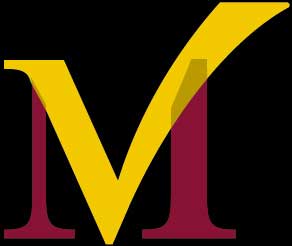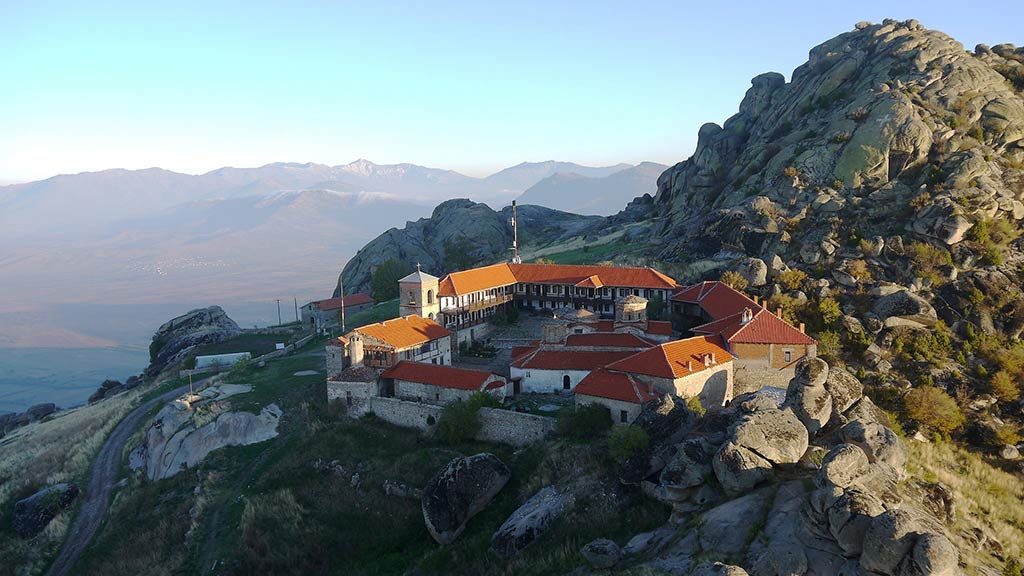The Constitution of the Republic of Macedonia is clear, and states the following:
“The freedom of religious confession is guaranteed. The right to express one’s faith freely and publicly, individually of with others, is guaranteed.”
In accordance with this basis, there are more than forty active religious communities in Macedonia which build relations of mutual respect and tolerance. Two-thirds of the population of Macedonia are Orthodox Christians, 30% are Moslems, 0.5% Roman Catholics and 2.8% are of other religious affiliations.
The Macedonian Orthodox Church has played an important role in the long struggle of the Macedonian people for the preservation of its national identity, as well as in its education and culture. Its roots are ancient. The Archbishopric of Ohrid was the first autocephalous Slav Church. It was established by St. Clement and St. Naum, outstanding students of the brothers Ss. Cyril and Methodius. In 893 A.D., St. Clement of Ohrid became the first Slav archbishop.
Today the Macedonian Orthodox Church continues the traditions of St. Clement’s Archbishopric of Ohrid. It is headed by the Archbishop of Ohrid and Macedonia and a Holy Synod of Bishops consisting of six bishops. The number of church eparchies in Macedonia is the same.
The Macedonian Orthodox Church has played an extremely important role in uniting and organizing Macedonian expatriates in Australia, the United States and Canada, and recently also in West European countries. The Australian Eparchy and the Canado-American Eparchy comprise 44 churches and 2 monasteries. The activity of the Macedonian Orthodox Church in foreign countries is of exceptional educational and cultural assistance and of irreplaceable importance for the unity of Macedonians, their better mutual understanding and the preservation of their national traditions and constant concern about their national identity. Together with the Association of Expatriates, the Macedonian Orthodox Church plays decisive role in the maintenance of constant links between the expatriates and their homeland.
The activities of the Macedonian Orthodox Church, like those of all religious communities in Macedonia, are financed from its own sources. >From the funds it has raised among its believers, the Macedonian Orthodox Church has built a large number of churches throughout the world, including the Cathedral of St. Clement of Ohrid in Skopje.
Macedonia has about 1,200 churches and 425 mosques. There is a Roman Catholic church in Skopje, and the other religious communities have their own places of worship in the capital and in other towns in the Republic.
The Orthodox and the Islamic religious communities each have a secondary religious school in Skopje. There is an Orthodox Theological College also in Skopje.
The believers from all confessions solemnly celebrate their religious holidays and the most important of these are non-working days.

Virtual Macedonia
Republic of Macedonia Home Page
Here at Virtual Macedonia, we love everything about our country, Republic of Macedonia. We focus on topics relating to travel to Macedonia, Macedonian history, Macedonian Language, Macedonian Culture. Our goal is to help people learn more about the "Jewel of the Balkans- Macedonia" - See more at our About Us page.
Leave a comment || Signup for email || Facebook |
History || Culture || Travel || Politics
















Considering that some sources suggest that nearly 2% of the North Macedonian population is Methodist and that Boris Trajkovski was the President of the Church Council of the Macedonian Evangelical Methodist Church prior to his political career, omitting mention of the Methodist church and its role in Macedonian history while segmenting out the much smaller Catholic church population is disingenuous. Methodism, while introduced as a denomination from the US and Britain, owes much of its theology to the Moravian church, which in turn has a direct connection to Cyril and Methodius. Additionally, the Methodist movement in Macedonia played a role in the development of educational institutions for women under the Ottomans and was a voice for religious freedom under communism. Finally, as you well know, modern North Macedonia may have fallen into a tragic civil war without the leadership and peacemaking abilities of Mr. Trajkovski, both qualities that he developed as a Methodist pastor. I was honored to have been able to preach from the same pulpit as Mr. Trajkovski at the Evangelical Methodist Church in Skopje.
(BTW – I think you should mention and take pride in Mother Teresa as well…)